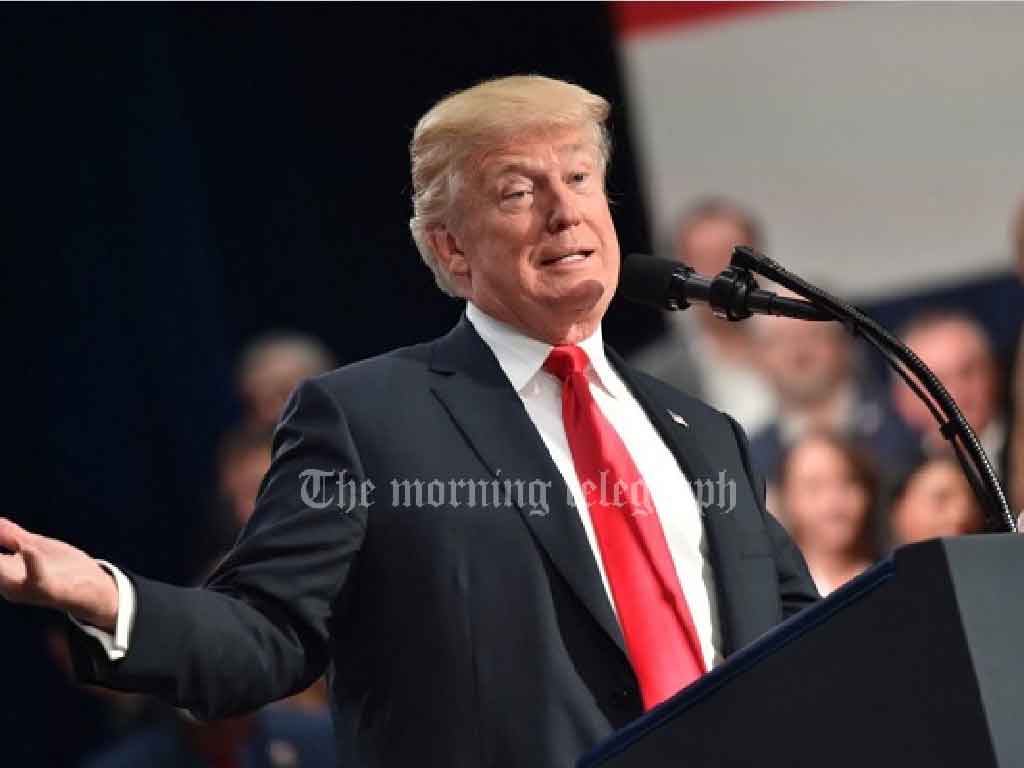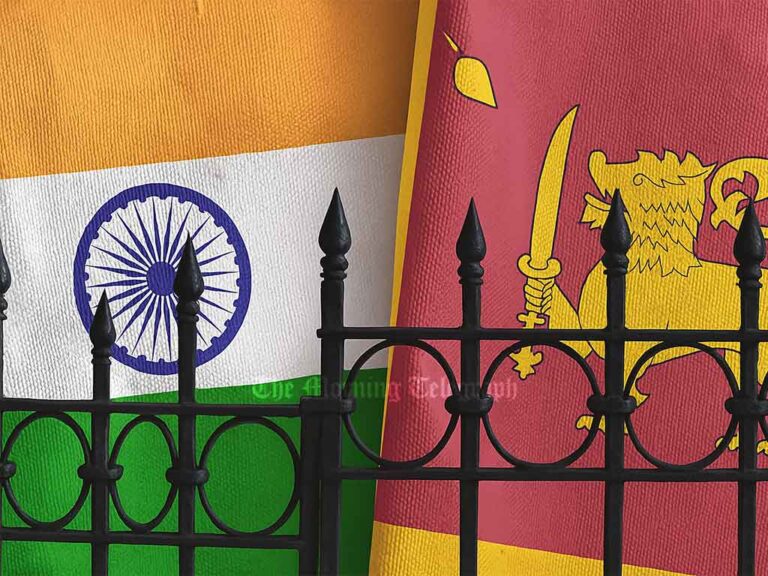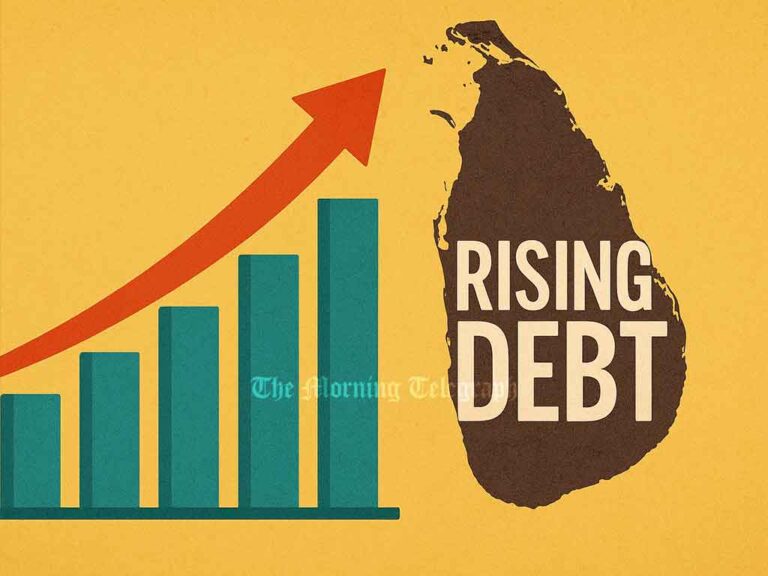
A large number of jobs in Sri Lanka’s non-governmental organizations (NGOs) are now at risk following President Donald Trump’s executive order to temporarily suspend US foreign aid. This decision primarily affects organizations receiving funding from the US Department of State and the US Agency for International Development (USAID), significantly impacting many ongoing projects in Sri Lanka. The suspension has already caused major disruptions, with various initiatives put on hold and thousands of contract workers facing job uncertainty as their salaries were directly funded by these programs.
An official from an affected NGO explained that many US-funded projects in Sri Lanka have now been temporarily stopped as a result of the executive order, leading to an immediate freeze on job contracts for those working on these initiatives. This order has halted funding for 90 days, while a review process lasting 85 days has been implemented to assess the alignment of US foreign aid with President Trump’s foreign policy objectives. Until the review is complete, no new funding will be disbursed, leaving Sri Lankan organizations in limbo and forcing many to reduce their workforce.
The economic implications of this decision extend beyond just the affected NGOs. Many of these organizations operate in Colombo and other major cities, providing employment not only to project staff but also indirectly benefiting thousands of people in related sectors such as hospitality, transport, food services, and logistics. The suspension of foreign aid means that the businesses and services that catered to these NGO employees and their operations will also feel the financial strain, leading to broader economic repercussions.
These NGOs have played a crucial role in poverty eradication, sustainable development, environmental conservation, health and sanitation, education, rehabilitation, reconstruction, human rights advocacy, rural development, disaster management, and women’s empowerment. Over the years, US aid has been instrumental in shaping Sri Lanka’s development, with assistance totaling $2 billion since 1956, according to the US Embassy in Sri Lanka.
The impact of foreign aid in Sri Lanka has been historically significant, especially in times of crisis. The post-tsunami reconstruction efforts in 2004 saw major support from US-funded programs, providing relief and rebuilding infrastructure in affected regions. Following the end of the civil war in 2009, US financial assistance played a critical role in democratic reforms, rehabilitation of conflict-affected areas, and economic development in the Northern and Eastern provinces. The current suspension of aid threatens to disrupt this entire ecosystem, cutting off support for crucial projects and affecting both NGO employees and the beneficiaries of their services.
The executive order has drawn global criticism, with many experts arguing that the sudden cut in funding could destabilize vulnerable communities relying on foreign assistance. Critics warn that the withdrawal of support may create gaps in essential services, particularly in areas such as public health, education, and rural development, where US-funded programs have historically made a significant impact.
While US foreign aid is undergoing scrutiny, military assistance to Israel remains unaffected by this suspension. US Secretary of State Marco Rubio recently issued an official cable message to all diplomatic missions, informing them of the decision and outlining the new restrictions on foreign funding. This selective approach to foreign aid distribution has further fueled concerns about the long-term diplomatic and economic consequences of Trump’s policy shift.
In a separate but related development, the US Immigration and Customs Enforcement (ICE) agency has issued a statement indicating that 3,065 Sri Lankans are currently on the list of illegal immigrants set for deportation under President Trump’s executive orders. The ICE report revealed that the total number of undocumented individuals in the United States stands at 1,445,549, but the agency has encountered delays in executing deportations due to legal challenges and the refusal of some countries to accept repatriated nationals.
Despite the crackdown on illegal immigration, Sri Lanka has not been listed among the nations that have refused to comply with deportation procedures. However, Sri Lankans without valid asylum claims or those whose applications have been rejected remain at high risk of deportation under the new immigration policies.
The uncertainty surrounding US foreign aid and immigration policies has placed thousands of Sri Lankans in a precarious position, with both NGO employees and Sri Lankan expatriates in the US facing an uncertain future. The decision to freeze foreign aid for review has already led to project closures and widespread concerns within the NGO sector, while the increased deportation efforts are causing further anxiety for undocumented Sri Lankans living in the United States.
The full impact of Trump’s executive order remains to be seen, but Sri Lanka’s NGO sector and the expatriate community are already feeling its effects. The sudden suspension of foreign aid has created a financial crisis for many organizations, while the deportation of Sri Lankan immigrants from the US is expected to raise further concerns in the coming months. The future of these policies remains uncertain, as both Sri Lanka and the international community closely monitor the unfolding situation.




